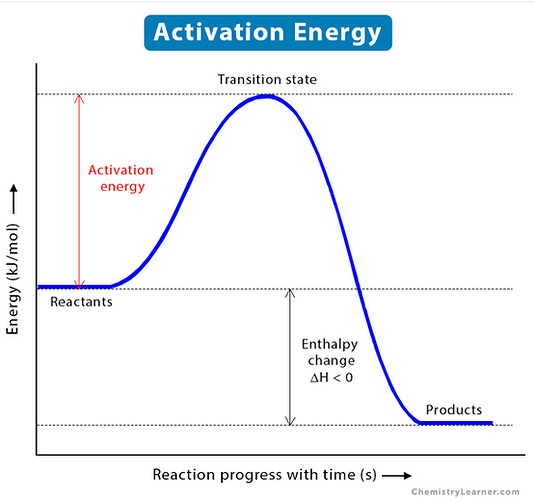Most Chinese rotos that arent accross international do go that high in temp already. All the non across china rotos ive ever had dosnt need reprogrammed, i could totally be wrong never had that brand. When i dump it out its nust a quick wipe with a towel and its fine. Ive been doing this way 6+ yrs and never had a problem with contamination, its also so hot that its not hard to empty it fast.
In a short path, the vacume helps moves things along faster, but also prevents charring and degradation from the temp and gases in the atmosphere.
You happen to know how to reprogram the Ai pid? I’d love to decarb in the ole roto!
Call AI its been provably 6-7 yrs since ive done it , you push in the round dial until the temp limit part comes up and then just change it but i dont want to tell tou and be wrong. Theyll tell you just let them know you arent using water
Sounds like a Kuglerohr!
Kug is a horizontal system. It’s not vertical. You can’t use a kug because there’s no type of ceiling and it will over boil to the next flask. Horizontal applications almost always cause issues when decarbbing.
I feel like this is the second time I saw this today, but still do not understand why…? What damage would decarbing something with terpenes in it do? what product would you decarb for that was not meant for vape… edibles? thanks
It would destroy the terpenes…or at least evaporate some and probably oxidize others.
When decarbing pre-distillation, concurrently stripping the terpenes is generally considered a win.
doh… wrong thread.
To make Solventless carts, I use mechanical separation, then I put the thca isolate in the oven with lid off at 130C. I pull vacuum on it and I believe it speeds up the process by “pulling” those bubbles to the surface quicker as well as providing some agitation and removing oxygen in the oven.
Am I wrong to believe this? I understand that decarb has nothing to do with boiling points, but I does seem to speed up the process, however no official side by side testing.
I don’t think it does. I see decarb happening at the same oil temperatures under vacuum and under atmosphere.
I think the vacuum makes the bubbles move and pop faster, thats it.
its been argued time and time again, vacuum doesnt increase decarb time, but it does help remove the c02 from the extract faster, under pressure it gets entrapped.
Doesn’t this mean pulling a vacuum would achieve decarb status faster?
No,
the decarb is done, molecules have decarbed but there can still be trapped co2.
Decreasing the boiling point does not equate to decreasing the amount of energy required to break that bond.
does this mean that you started at other than the top of the thread?
if you want to understand the conversation, you might want to head back up there…
eg
…and from another thread should you wish to explore this further.
unlike boiling point. where you are adding heat until vapor pressure = ambient pressure. so lowering ambient pressure lowers energy requirement.
@cyclopath I should quit reading through old threads and just wait for your summary, lol thanks.
I think the issue is in the choice of words I am using. I do understand that the amount of energy required does not change.
Using a vacuum with an heat will decrease the amount of time it takes for me to reach my final,desired state.Is this safe to say?
I really am trying to expand my knowledge and learn more here, and one thing I definitely need work on is terminology lol
Maybe.
If the input energy required stays the same, and vacuum doesn’t add energy, how would it go faster?
If you’re looking at “the bubbles stopped” rather than “no more CO2 is being produced”, pulling a vacuum could arguably get you to your end point faster.
This horse has been beaten. Repeatedly.
Try MgO rather than H2O if you want it to go any faster…
Edit: unless you’re in OR, in which case OLCC is trying to define the use of a decarb catalyst as creating artificially derived cannabinoids. OR proposed new rules….(again)
